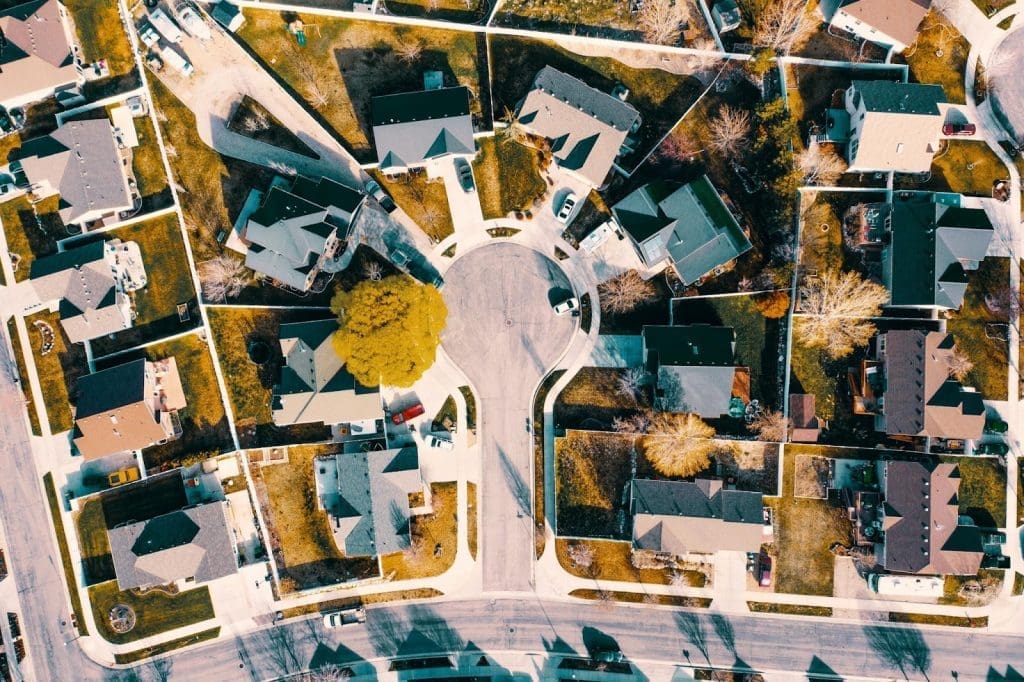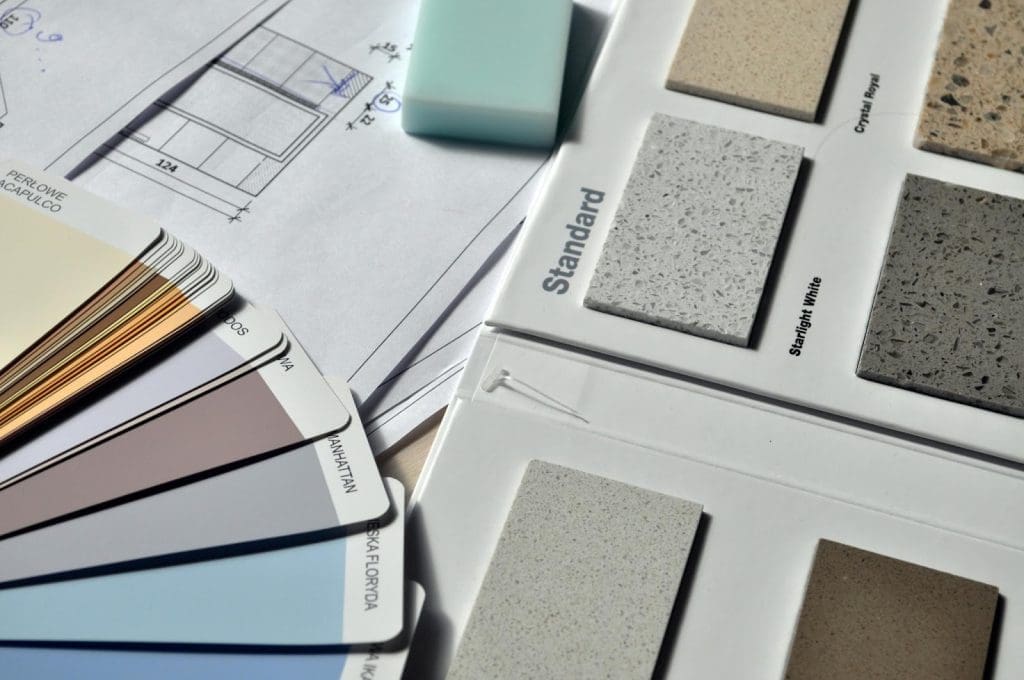If you are done with your mundane nine-to-five job, then there is a whole world of possibilities out there just waiting to be explored. We’ve discussed some of the ins and outs of various entrepreneurial ventures as well as general advice on entrepreneurship on the pages of this website to help you get off on the right foot. One such example is property development, which can give you some pretty nice rewards. However, there are many things you need to consider if you want to get into the world of property development. It requires hard work, patience, kindness, and understanding. As well as some serious money, either your own or from investors. If you have these skills and attributes, then this might be the career move you have been waiting for. Check out some of the things you need to think about when it comes to property development.
Image courtesy of Pexels
Getting into property development
Yeah, I know. Property development is sometimes a 4-letter word, but it doesn’t have to be. You don’t have to kick folks out of the homes they’ve lived in for decades … even generations. Nor do you have to destroy the wetlands or other environments enjoyed by humans and animals alike. There’s such a thing as responsible property development that seeks to develop properties that are ethical in terms of both the environment and society.
As a business model, property development is very lucrative, especially when done right. The key to success lies in several factors:
- market conditions
- your locational choice
- planning and design to match the needs of the local housing market
- timing
- and, sticking to a strict budget
You can reduce the risk associated with this business model by purchasing insurance and adding a buffer to both your timeline and budget to ensure you have enough time and money to bring the project home.
Here are five things you should do before starting this type of venture.
1. Market research
It is essential that you carry out market research before you start your own development company. There might not be any need for more housing or commercial property, especially if you live in a quiet area where nobody really moves in or out. However, if you are in a huge state with lots of hustle and bustle then property development could give you exactly what you are looking for.
You also need to know about any other property developers in the area, as you don’t want to tread on anyone’s toes in the process. For instance, I live in one of the fastest-growing areas in my state. Yet, too many developers moved too quickly to build housing and other property in the area without waiting for the infrastructure to catch up. This made the units less attractive due to congestion and lack of resources (like grocery stores), as well as caused existing residents to store county commissioners’ meetings enraged. If there are other developers around, nothing is stopping you from forming an alliance and working together rather than competing in a crowded market. Sometimes, two heads are better than one and then you would split the profits.
2. Buy to sell/buy to rent
Will you buy your new properties to rent or sell on? This is a huge decision that you need to make, and each one comes with its own pros and cons list. If you are buying to sell, you must ensure you can recoup your expenses through a quick sale once the property is on the market. For instance, you might buy fixer-uppers that you know will give you a nice return on your investment after a short renovation period and a quick sale.
However, if you want a steady stream of income each month, it might be more beneficial to buy to rent. That way, your tenants pay you rent each month, which must cover operating costs and repayment of any borrowing. If you are buying to rent and you don’t want to manage this yourself, you could look into working with a property management company. They will take care of the rental property marketing and vette tenants who apply to live there.
3. Funding
Property development is not a cheap business model to start up and you need to have enough money saved (or investors or lenders) in order to buy your first property. If you don’t have this amount of cash on hand, you may need to borrow money from loved ones or even apply for a loan. Be aware the criteria for securing a loan vary greatly by lending institution, and you may find it hard to qualify for a loan without ready collateral.
It could be easier for you to apply for a mortgage on the homes you are trying to buy to lease. That way, your tenants will pay your mortgage and then give you a little bit more on top. Many landlords decide to do this as the money builds up so they can afford other properties. Figure out how much you will need and roughly what houses are selling for that you want to buy.
4. Refurbishments
If you want to make a profit on the homes you are selling or letting then it might be worth looking into fixer uppers. These will sell for very low prices but do require a lot of work, do you have a team of contractors you can use? Carrying out refurbishments is hard work and you will need to find a reliable team who will work for you. Do this before you purchase the house as you will want to start working on it straight away. The more time it takes to renovate and flip, the more time you will be paying out money than having it coming in. The best thing about buying fixer uppers is that you can put your own stamp on the home.
Image courtesy of Pexels
Other professionals
Finally, you will need to work with other professionals when it comes to properties in your portfolio. These could be anything from builders to lawyers and everything in between. Make sure you have contact details for each and every one of them, as you never know when you will need them.
Conclusion
Hopefully, this article gave you some insight into the world of property development and some of the key things to consider before diving in. This can be such a rewarding career when it is done right. Take your time and don’t rush your home otherwise you could be met with issues or problems further down the line.







Comments